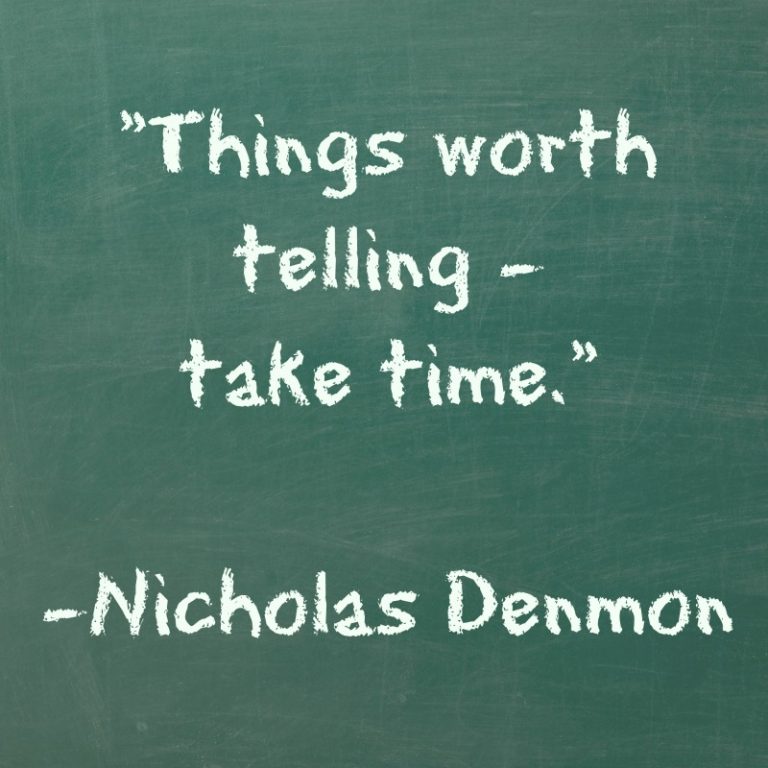Gather ’round, everyone. This story begins on an unseasonably warm Wednesday in March. Arts leaders from Avenal, Burbank (Hayward), Fremont-Lopez and Warren Lane gathered at the Fresno County Office of Education for a mid-year Turnaround Arts: California workshop. They laughed, they danced, and they “tableau-ed.” Their objectives: to reflect on arts-based successes at their schools and to plan for continued growth.
School teams began by breaking down their successes using the language of theater. As each group reflected, the room came alive with frozen pictures of after-school dance clubs, whole-school gallery nights, and other arts-based achievements.
Stories worth telling: Using the language of theater to guide reflection
To create their tableaus, each group began with an extensive analysis of the steps—both planned and unplanned—they took to build their success stories. Workshop attendees considered these questions:
- Conflict: What school needs were you tackling?
- Setting: What assets at your school did you build on to create this success? What resources did you bring in from your community?
- Protagonists: Who championed this work? Who got it done?
- Antagonists: Whom did you have to influence to get this done? Who or what presented obstacles to your success?
- Plot: What specific steps made up this success story?
- Resolution: What did success look and feel like? What evidence of your success did you gather?
After these reflections, school teams shifted focus to plan for continued growth at their schools, again using the language of theater. By the end of the workshop, each school team had developed plans for implementing school-wide arts-based instructional strategies or increasing parental involvement.
Plotting success: Envisioning your happy ending
Without a plan, our efforts are shots in the dark, but planning strategically can be complex and cumbersome. Thinking about strategy using terms from the theater can help clarify this sometimes obscure process.
At this workshop, for example, school teams considered these questions as they planned for future success:
- Conflict: What needs or challenges do you want to target?
- Setting: What assets at your school can help you address this need? What resources from the community can help?
- Protagonists: Who will champion this work? Who will be responsible for getting this done?
- Antagonists: Who are the people you’ll have to influence or change to make progress toward your goals? Who or what might present obstacles to your success?
- Plot: What specific steps will you take to address the need you’ve identified? Who will be responsible? When will each step be completed?
- Resolution: How will you know you’ve successfully addressed the need? What will success look like? What evidence will you gather?
How can you take these questions and apply them to your school’s ongoing reflection routines? What activities could engage your colleagues’ imaginations in the sometimes tedious business of planning? How might processes from other art forms reinvigorate your planning cycles? How might you share your work with the community?
Let us know what you think in the comments section!

